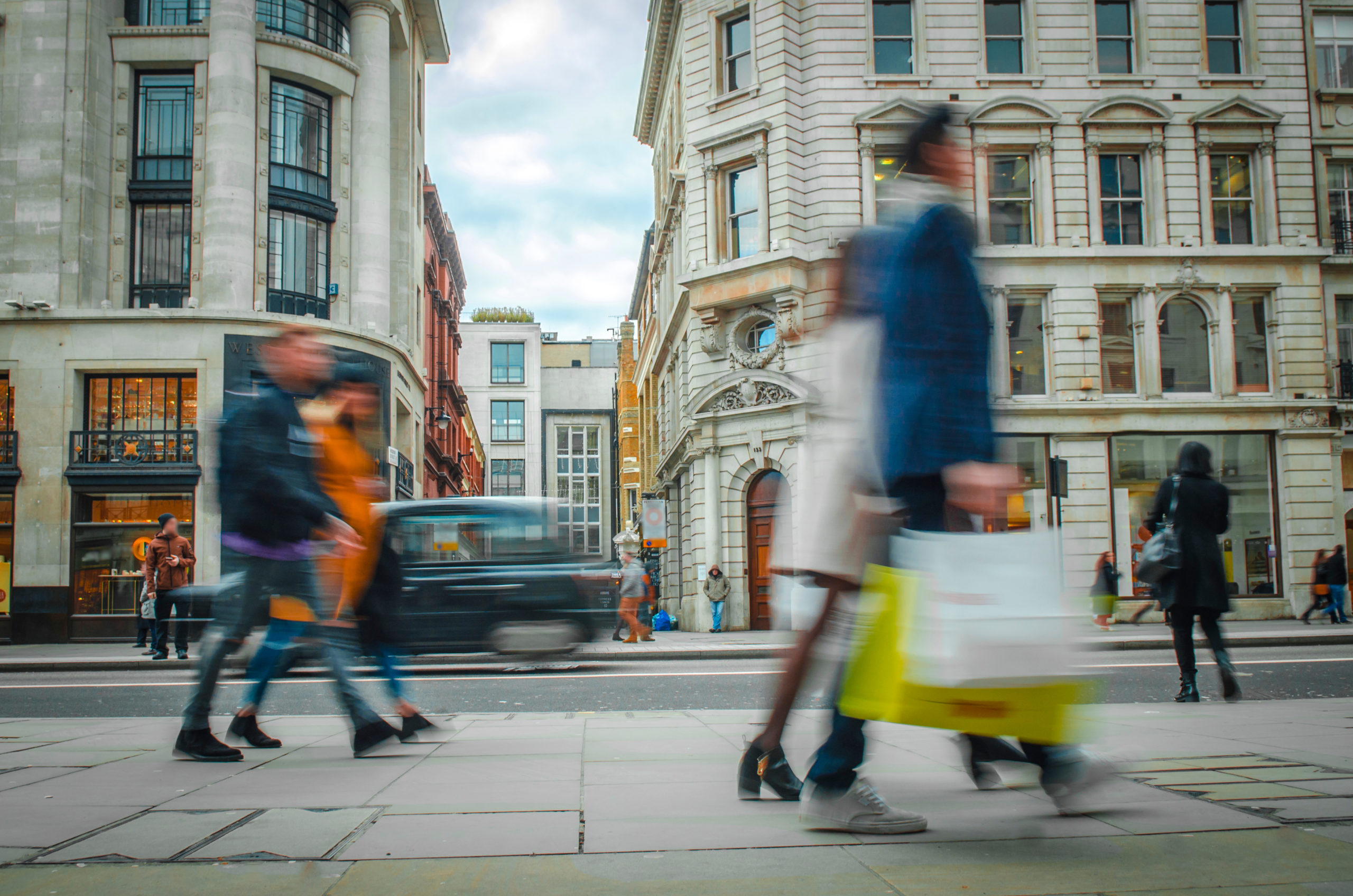News • Jun 25 2025

insight • Oct 05 2022

insight • Oct 05 2022
In the second quarter of 2022, e-commerce sales continued their upward trend making up about 14% of total retail sales. Less foot traffic in brick-and-mortar retail shops means malls and shopping centers are facing a new challenge: trying to find new and creative ways to attract and keep customers.
Unfilled and unused retail space was common at malls all around the country even before the pandemic hit. Now, as most retailers have resumed business as usual post-pandemic, many are faced with the challenge of rethinking and reimagining their spaces to appeal to a wider audience. And many vacant retail spaces are being given new life as event spaces, healthcare facilities, home to digital brands, and more.
The American Dream Mall in New Jersey has found a creative way to deal with leasing revenues lost from unfilled and underutilized retail space. They recently partnered with Live Nation to bring concerts and events to their 3 million square foot complex in the New Jersey meadowlands. And it seems to be working.
Crowds are growing. And people are coming out in droves to enjoy various kinds of entertainment. To keep these crowds coming back, the mall plans to include water parks, skating rinks, and even an indoor ski slope in its future development.
These new experiences are changing the face of traditional retail outlets and traditional Mall environments. And, they’re appealing to what consumers want — an experience that you simply cannot get by shopping online.
Destiny USA in Syracuse New York is the largest mall in the state of New York. And over the last decade or so, they have successfully incorporated many of these theme park ideas into their former “Carousel Mall” space.
What was once a traditional mall with shops, anchor stores, and leased carts throughout, is now a dynamic destination complete with go-karts, live music, an Amazon store, comedy clubs, a movie theater, and a three-story ropes course which attracts families and local businesses for teambuilding events. The idea is to have something for everyone. “From retail and outlet brands like Apple, Nordstrom Rack, and Michael Kors to the world’s largest suspended ropes course at WonderWorks or a tropical destination at Margaritaville, there’s something for everyone at Destiny USA.”
Large department stores have left eye-sore vacancies at malls around the country. These anchor tenants typically bookend mall entrances and create welcoming consumer experiences with diverse product ranges. But as the era of department stores slowly closes, and more people turn to online shopping, these vacant spaces are being given new life as medical & dental offices, healthcare facilities and hospitals.
At The Marketplace Mall in Rochester, NY, a closed Sears department store and an adjacent wing of the mall are being reborn as a roughly 350,000-square-foot orthopedic healthcare campus. It will include medical and administrative offices, outpatient facilities and operating rooms. According to the project’s architects and design team, “the large floor area of the former Sears proved a flexible space for the surgical facilities. A taller clinical building and offices were stretched out into what was formerly part of the mall’s parking lot.”
With the aging baby boomer population, investment in new, more contemporary, and localized medical offices makes a lot of financial sense. Malls offer tenants ample parking, easy transportation access and visibility. The pandemic turned hospitals into coronavirus wards and forced them to forgo profitable elective surgeries. This highlighted the need for outpatient facilities far away from contagious patients – like malls.
The other benefit of these healthcare facilities cropping up in vacant mall spaces, is the influx of staff and patients to previously dormant retail centers. Adjacent retailers will see new traffic as visitors run errands, step out for lunch or to pick up dinner, and take advantage of the convenience of shopping right next door to their healthcare appointments.
Online brands are also breathing life into vacant brick & mortar spaces around the country. As digital advertising costs rise, more direct-to-consumer retailers are opening shops, leasing turnkey options or securing short-term spaces in other stores. Landlords are finding creative ways to incentivize new retailers with shorter-term and flexible leases. Suddenly, a physical space has become a more valuable marketing tool than a robust digital presence.
Suburban retail is particularly nascent for online brands as younger consumers moved out of cities and settled into the suburbs during the pandemic. “Customers want to see and touch and feel products in person.” Neighborhood stores offer a particularly unique value to consumers – being able to step outside on a lunch break to do some shopping.
Some bigger, more established brands are also modifying their business models to accommodate these smaller and more specialized suburban/neighborhood retail opportunities. “Nordstrom has opened seven Nordstrom Local stores since 2017 that focus on services rather than just shopping. Customers can pick up and return online orders or arrange for alterations. Macy’s new Market by Macy’s stores are less than one-quarter the size of a traditional Macy’s, and offer personalized styling services along with a collection of products popular with shoppers.”
Although many may argue that retail is dead, these emerging trends make it clear that retail “as we know it” is dead, but retail is still very much alive. The retail experience is evolving and there are many promising new signs of a retail renaissance. Brick & mortar business still have immense value, from brand exposure and the in-person product experience to new iterations as entertainment or healthcare destinations. The industry is thinking creatively and strategically as it looks towards the future.
News • Jun 25 2025
News • Jun 10 2025
Generis Collective can be your single point of contact for all your property development needs- providing leadership across every stage of your project and managing all moving parts. Let’s connect and start transforming your guest experience.